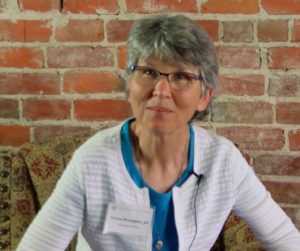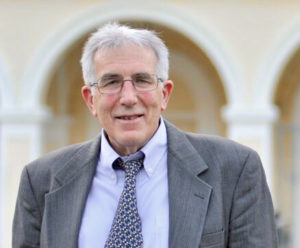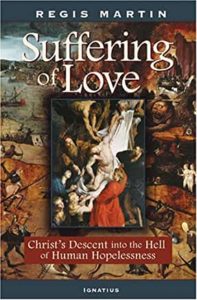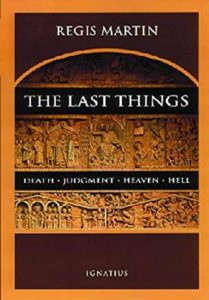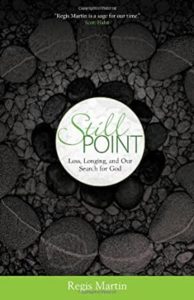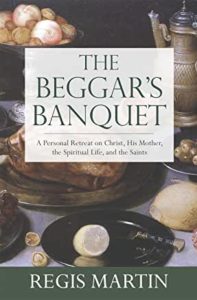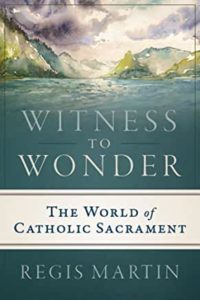Podcast: Play in new window | Download (Duration: 49:09 — 67.6MB) | Embed
Subscribe: Apple Podcasts | Spotify | Amazon Music | Android | Pandora | iHeartRadio | JioSaavn | Podchaser | Gaana | Podcast Index | Email | TuneIn | Deezer | Anghami | RSS | More
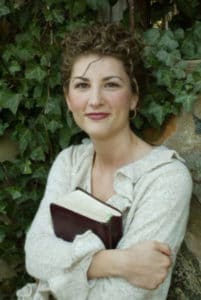
Pillar of Families – Episode 2 – St. Joseph with Sonja Corbitt
Every man is called to fatherhood and priesthood by virtue of his masculinity. Like Abraham, the Father of Faith, whose faith was “accounted” to him as righteousness, St. Joseph’s accumulated acts of sacrificial faith in his role of father and priest of the Holy Family formed him and made him capable for his larger role as the Pillar of Families for the whole Church.
In accepting and receiving our men, faults and all–husbands, sons, priests, fathers–we receive Joseph, in a sense. We participate in nurturing their role as priests and fathers knowing that St. Joseph works through them on our behalf in, with, and through Christ by the power of the Holy Spirit.
For other episodes in this series, visit the Discerning Hearts Sonja Corbitt page
Be sure to visit Bible StudyEvangelista webpage at: https://www.biblestudyevangelista.com
LOVE the Word™ is a Bible study method based on Mary’s own practice.
Listen (Receive the Word.)
Observe (Connect the passage to your life and recent events.)
Accepting our men faults and all does not mean accepting abuse or being a doormat. Rather, it means receiving who they are–their personalities and temperaments, talents and gifts, roles and decisions–without trying to control or change them. Our husbands, sons, priests, and dads are imperfect as we are imperfect, but they are God’s provision for us, as OT Joseph and St. Joseph illustrate. How does St. Joseph encourage you to accept and receive the men in your life, faults and all? In what little ways can you communicate to them your acceptance of who they are, today?
Verbalize (Pray about your thoughts and emotions.)
Remembering that He loves you and that you are in His presence, talk to God about the particulars of your O – Observe step. You may want to write your reflections in your LOVE the Word® journal. Or, get a free journal page and guide in the right-hand margin.
Entrust (May it be done to me according to your word!)
Remember, O most pure spouse of the Blessed Virgin Mary, my great protector, Saint Joseph, that no one ever had recourse to your protection, or implored your aid without obtaining relief. Confiding therefore in your goodness, I come before you. Do not turn down my petitions, foster father of the Redeemer, but graciously receive them. Amen +
READ THE TRANSCRIPT
Click here for a written transcript of this episode.
Visit here for more on Sonja’s “LOVE the Word” journal
Also:
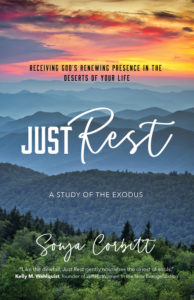


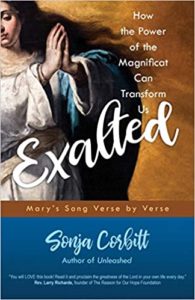
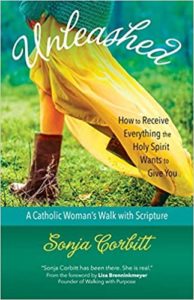

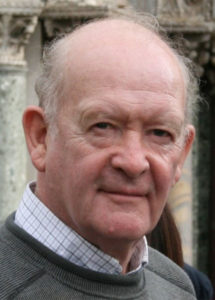
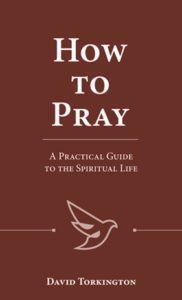
 Dr. Lilles continues the spiritual explorations of the Letters of St. Elizabeth of the Trinity. In this episode, we discuss letter 157, with a special focus on the Communion of Saints and petitionary prayer as described below:
Dr. Lilles continues the spiritual explorations of the Letters of St. Elizabeth of the Trinity. In this episode, we discuss letter 157, with a special focus on the Communion of Saints and petitionary prayer as described below: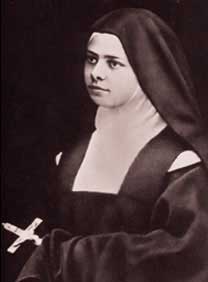


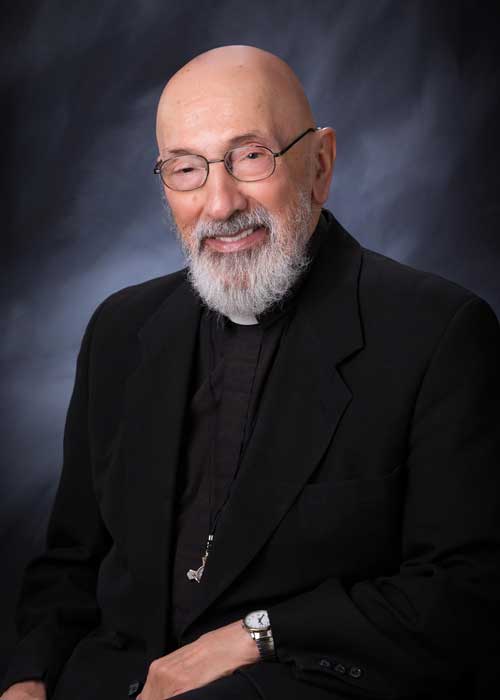
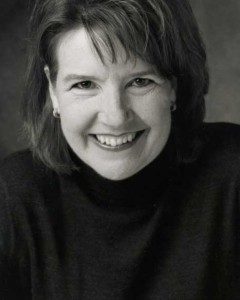
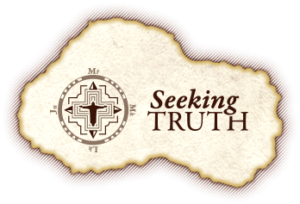

 For other audio recordings of various spiritual classics you can visit the
For other audio recordings of various spiritual classics you can visit the 
